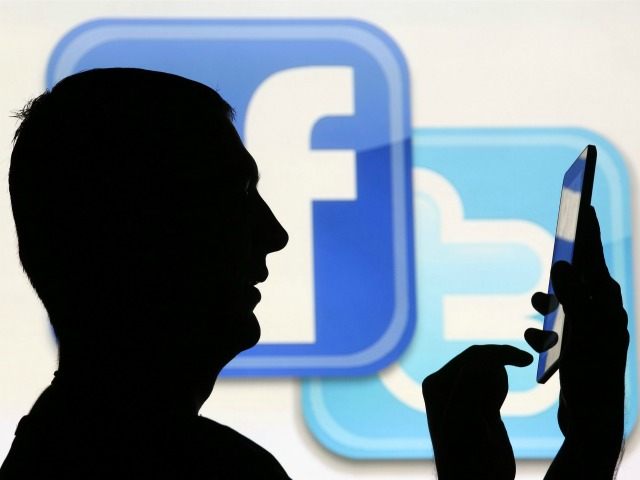A prominent British parliamentary committee is set to launch an inquiry into so-called “fake news”, claiming the phenomenon is undermining democracy.
The Commons Culture Committee is expected to summon the bosses of big social media firms such as Facebook, Google, and Twitter to explain what they are doing to suppress online content that falls short of government standards.
The committee is discussing launching the inquiry internally and intends to begin holding sessions by late spring or early summer, The Telegraph reports.
In December, German officials proposed creating a special government unit to combat fake news, with the Justice Minister even threatening to sue Facebook unless unfavourable content was deleted quickly.
Campaigners have attempted to use the concept of fake news to question the legitimacy of the Brexit vote and Trump victory.
The left-wing website Buzzfeed even claimed that, overall, fake news accounted for 10.6 million of the 21.5 million shares, reactions, and comments on U.S. politics stories on Facebook last year.
However, Donald. J. Trump accused Buzzfeed themselves of being “fake news” last week, after the website published lurid and unsubstantiated claims about the President-elect.
It now appears the British government is increasing buying into the fake news narrative.
Damian Collins, the Conservative chairman of the Commons Culture Committee, told The Telegraph: “Some fake news is presented to look like real news coming from real news websites. It can be difficult to distinguish between them.
“The concern is a fake story can get out and be distributed on the internet and become the received wisdom before the truth can get out. The truth is always trying to catch up with a fake news story.”
He said that “clearly” some fake news is being distributed “maliciously” and questioned whether social media companies were doing enough to combat this.
“What’s interesting is we’ve accepted that search engines have a responsibility to combat piracy on their websites,” Mr. Collins said.
“In a similar way, I think social media [companies] have a responsibility to ensure their platforms are not being used to spread malicious content.
“Particularly around elections there is a responsibility to democracy as well to ensure their platforms aren’t being perverted to support the distribution of fake and malicious news.”

COMMENTS
Please let us know if you're having issues with commenting.